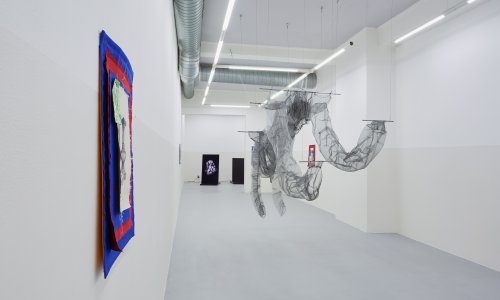

Tři Heteráni / Divadlo MASO
This performance is in Czech only!
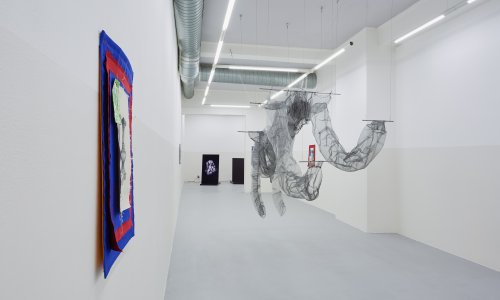
ZERO STARS: Agata Madejska & Peter Watkins & Tereza Zelenková
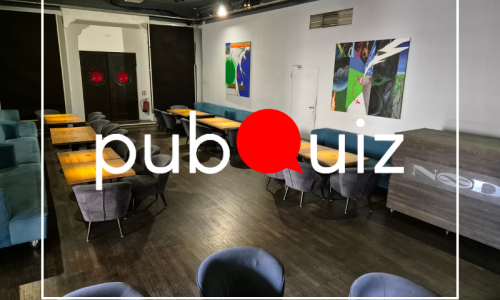

THE LEGEND OF LUNETIC / Janek & Natálka & kol.
This performance is in Czech only!

THE LEGEND OF LUNETIC / Janek & Natálka & kol.
This performance is in Czech only!

THE LEGEND OF LUNETIC / Janek & Natálka & kol.
This performance is in Czech only!

THE LEGEND OF LUNETIC / Janek & Natálka & kol.
This performance is in Czech only!
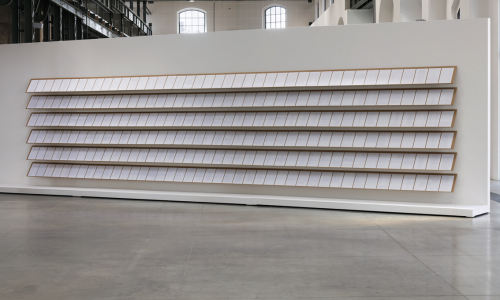
Jan Nálevka: Enteignen

MICHAELŮV MASHUP
This event is in Czech only!

UNDERGROUND COMEDY CLUB
This performance is in Czech only.
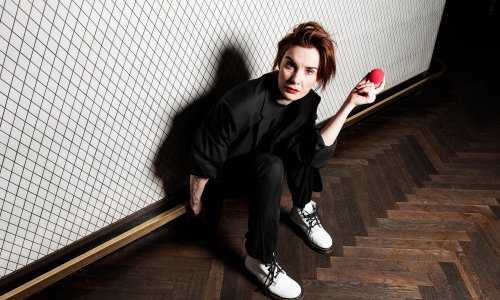
JÁ, DIAGNÓZA / + - VeDvou

JAK SE DĚLÁ DIVADLO / Divadlo MASO
This performace is in Czech only.
ŠPIONI / Jedinák, Ljubková, Prokopová, Rothermel
This performance is in Czech only!
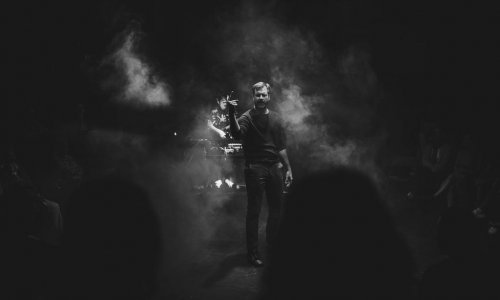
GRÁL! / StorytellingCZ & Divadlo NoD


27 LITRŮ UMĚLÝ KRVE / Janek & Natálka & kol.

27 LITRŮ UMĚLÝ KRVE / Janek & Natálka & kol.

Tři Heteráni / Divadlo MASO
This performance is in Czech only!

BIBLE 2 / Janek & Natálka a kol.
This performance is in Czech only!

BIBLE 2 / Janek & Natálka a kol.
This performance is in Czech only!

THE LEGEND OF LUNETIC / Janek & Natálka & kol.
This performance is in Czech only!

THE LEGEND OF LUNETIC / Janek & Natálka & kol.
This performance is in Czech only!

THE LEGEND OF LUNETIC / Janek & Natálka & kol.
This performance is in Czech only!
ŠPIONI / Jedinák, Ljubková, Prokopová, Rothermel
This performance is in Czech only!

UNDERGROUND COMEDY CLUB
This performance is in Czech only.

Tři Heteráni / Divadlo MASO
This performance is in Czech only!

Tři Heteráni / Divadlo MASO
This performance is in Czech only!



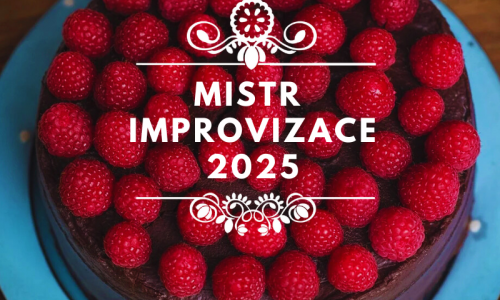

JÁ, DIAGNÓZA / + - VeDvou

JAK SE DĚLÁ DIVADLO / Divadlo MASO
This performace is in Czech only.

GRÁL! / StorytellingCZ & Divadlo NoD




SCAMMERS ATTACK / Janek & Natálka & collective
Scamming is art. They have been with us since the beginning of mankind. They are all around us. And they are more and more of them. There´s no place you…

SCAMMERS ATTACK / Janek & Natálka & collective
Scamming is art. They have been with us since the beginning of mankind. They are all around us. And they are more and more of them. There´s no place you…

27 LITRŮ UMĚLÝ KRVE / Janek & Natálka & kol.

27 LITRŮ UMĚLÝ KRVE / Janek & Natálka & kol.

27 LITRŮ UMĚLÝ KRVE / Janek & Natálka & kol.

UNDERGROUND COMEDY CLUB
This performance is in Czech only.
ŠPIONI / Jedinák, Ljubková, Prokopová, Rothermel
This performance is in Czech only!

JÁ, DIAGNÓZA / + - VeDvou

THE LEGEND OF LUNETIC / Janek & Natálka & kol.
This performance is in Czech only!

THE LEGEND OF LUNETIC / Janek & Natálka & kol.
This performance is in Czech only!

THE LEGEND OF LUNETIC / Janek & Natálka & kol.
This performance is in Czech only!


THE LEGEND OF LUNETIC / Janek & Natálka & kol.
This performance is in Czech only!

THE LEGEND OF LUNETIC / Janek & Natálka & kol.
This performance is in Czech only!

THE LEGEND OF LUNETIC / Janek & Natálka & kol.
This performance is in Czech only!

ČEKÁNÍ NA KOKOTA / Maso Krůtí
This performance is in Czech only!

ČEKÁNÍ NA KOKOTA / Maso Krůtí
This performance is in Czech only!

ČEKÁNÍ NA KOKOTA / Maso Krůtí
This performance is in Czech only!

ČEKÁNÍ NA KOKOTA / Maso Krůtí
This performance is in Czech only!

UNDERGROUND COMEDY CLUB
This performance is in Czech only.



JÁ, DIAGNÓZA / + - VeDvou


ŠPIONI / Jedinák, Ljubková, Prokopová, Rothermel
This performance is in Czech only!

UNDERGROUND COMEDY CLUB
This performance is in Czech only.

JAK SE DĚLÁ DIVADLO / Divadlo MASO
This performace is in Czech only.

THE LEGEND OF LUNETIC / Janek & Natálka & kol.
This performance is in Czech only!

THE LEGEND OF LUNETIC / Janek & Natálka & kol.
This performance is in Czech only!

THE LEGEND OF LUNETIC / Janek & Natálka & kol.
This performance is in Czech only!

27 LITRŮ UMĚLÝ KRVE / Janek & Natálka & kol.

27 LITRŮ UMĚLÝ KRVE / Janek & Natálka & kol.



